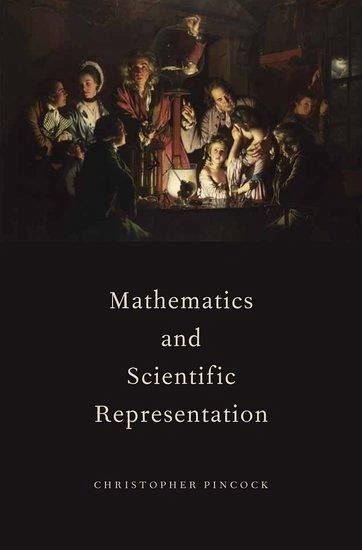Nicht lieferbar

Mathematics and Scientific Representation
Versandkostenfrei!
Nicht lieferbar
Weitere Ausgaben:
Mathematics plays a central role in much of contemporary science, but philosophers have struggled to understand what this role is or how significant it might be for mathematics and science. Pincock tackles this perennial question by asking how mathematics contributes to the success of our best scientific representations.




